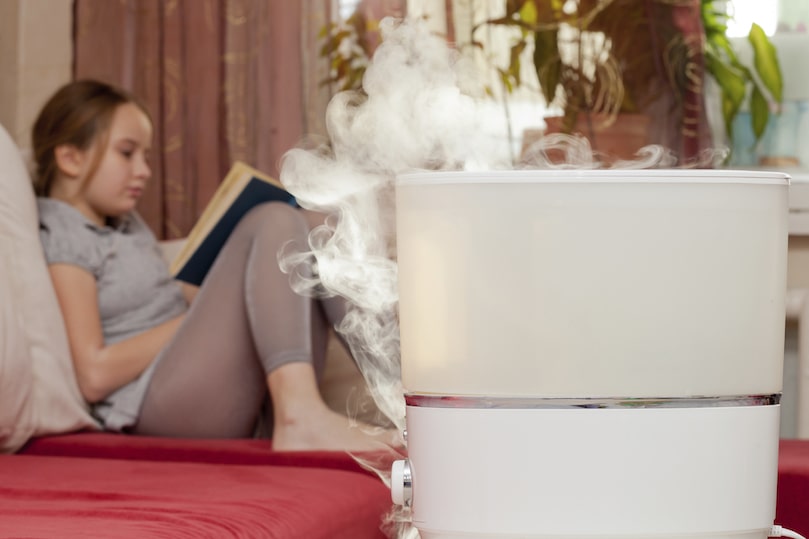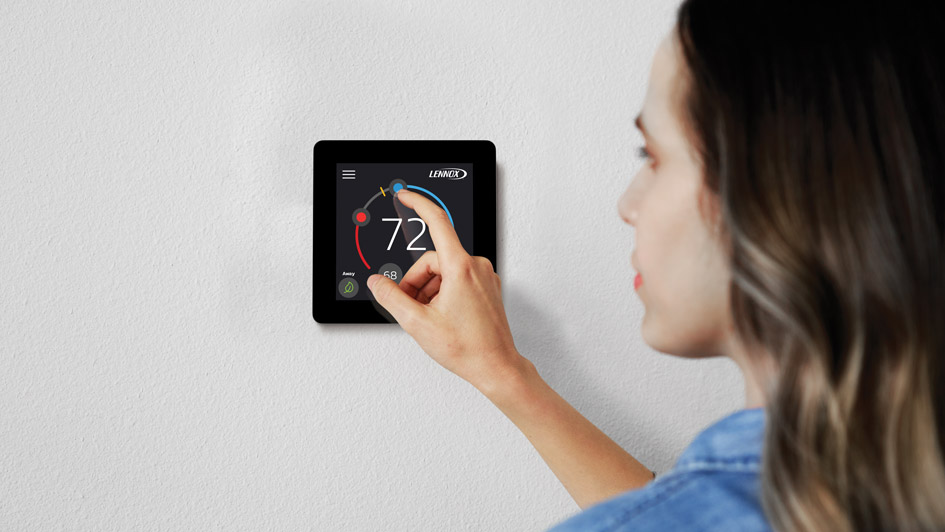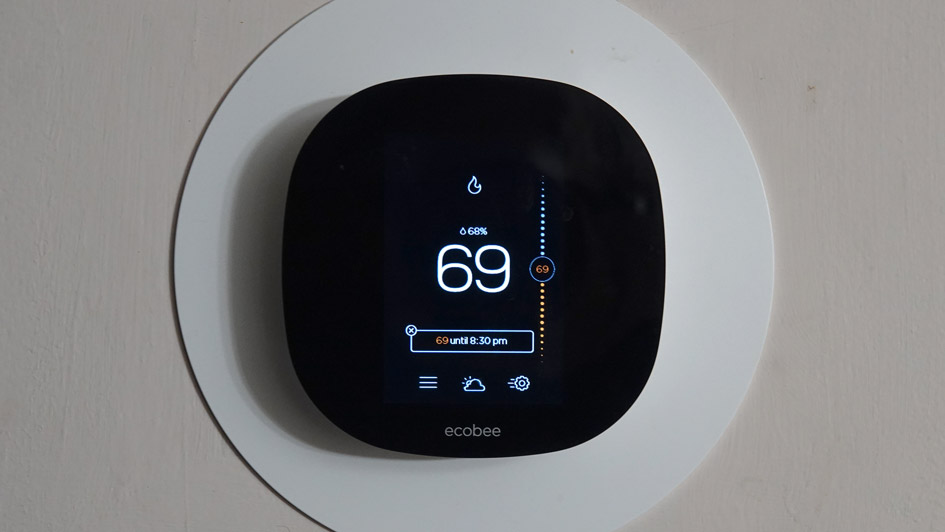Blog
Serving Hasbrouck Heights and These Areas
About ACE Solutions
At ACE Solutions, making your home cozy is our biggest concern. That’s why we provide dependable HVAC solutions and quality work in Hasbrouck Heights. Our specialists are knowledgeable in a full variety of services, so you can be confident in your results. They’ll give the help you are looking for, whether it’s installing an up-to-date HVAC system or repairing and maintaining your existing unit. We’re ready to help with all of your needs, so get in touch with us at 201-426-0650 or contact us online to schedule an appointment right away.
ACE Solutions
50 Terrace Ave
Hasbrouck Heights, NJ 07604
Phone: 201-426-0650
Email: [email protected]
19HC00234100
© 2025 ACE Solutions | All rights reserved










